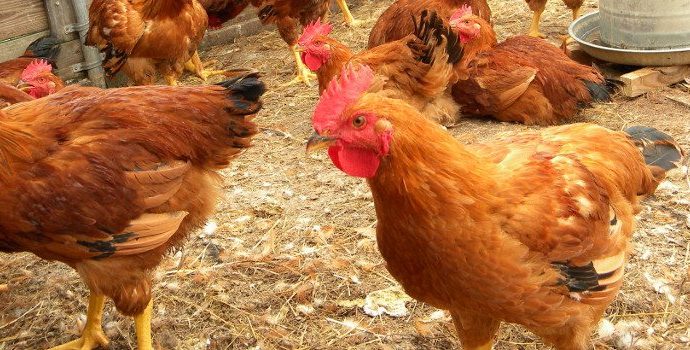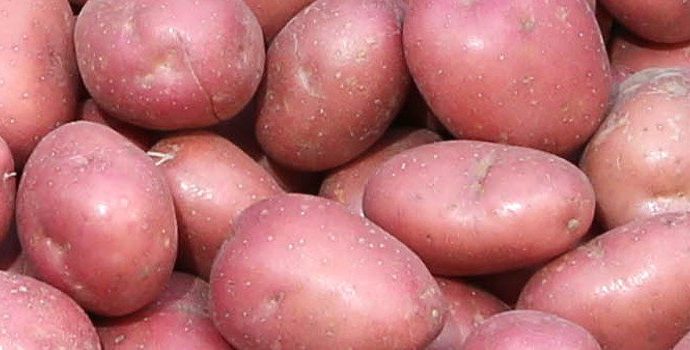Cap Budget Must Be Defended

The delivery of a strong, sustainable and competitive agriculture sector requires an increase in the CAP budget, IFA President Joe Healy has said.
The IFA President said that in discussions on the future of the EU budget, strengthening existing common policies, such as the Common Agricultural Policy (CAP), is critical to securing a strong future for the EU, and to demonstrate the positives of EU membership to citizens.
“There is a tough negotiating road ahead but with an Irish Commissioner in place who understands agriculture and a Government that is aware of the importance of agriculture to the Irish economy, this fight is far from over.
“Member States must take into account the need for adequate funding to support the many economic, social and environmental benefits that are delivered through CAP, and to allow the policy to reform and respond to the demands of European society, and to emerging challenges in the areas of climate change and environmental sustainability.
“It must be recognised that low farm incomes remain a major challenge. Cuts to the CAP budget have undermined the effectiveness of this Common Policy and its ability to provide a fair standard of living for producers, who are meeting high regulatory standards in the areas of food safety, animal health, welfare and the environment, “Joe Healy said.
IFA President said that the departure of the UK from the EU would certainly pose challenges, as the UK is a net contributor to the overall EU budget.
He pointed out that only this week the IFA was in Brussels meeting with the Irish Ambassador to the EU, Declan Kelleher, Irish MEPs and members of the EU Commission’s Brexit negotiating team, “At these meetings we stressed that reductions in the CAP budget as a result of Brexit must be resisted. The CAP has served European consumers well by guaranteeing a regular supply of safe food produced to high environmental and welfare standards at affordable prices,” he said.
“Teagasc has conducted a preliminary study into the implications of Brexit, incorporating a potential 10% cut in CAP payments and reduced product prices. The research demonstrated that this scenario would reduce incomes across all farm enterprise types, including a drop of 37% on average for Ireland’s 80,000 beef farms. This would be a devastating outcome and simply cannot be allowed to happen,” Joe Healy concluded.
The current CAP runs to 2020 but the process to review the policy has commenced, with an open consultation in early 2017, the results of which will be discussed at a conference in Brussels on July 7th.




